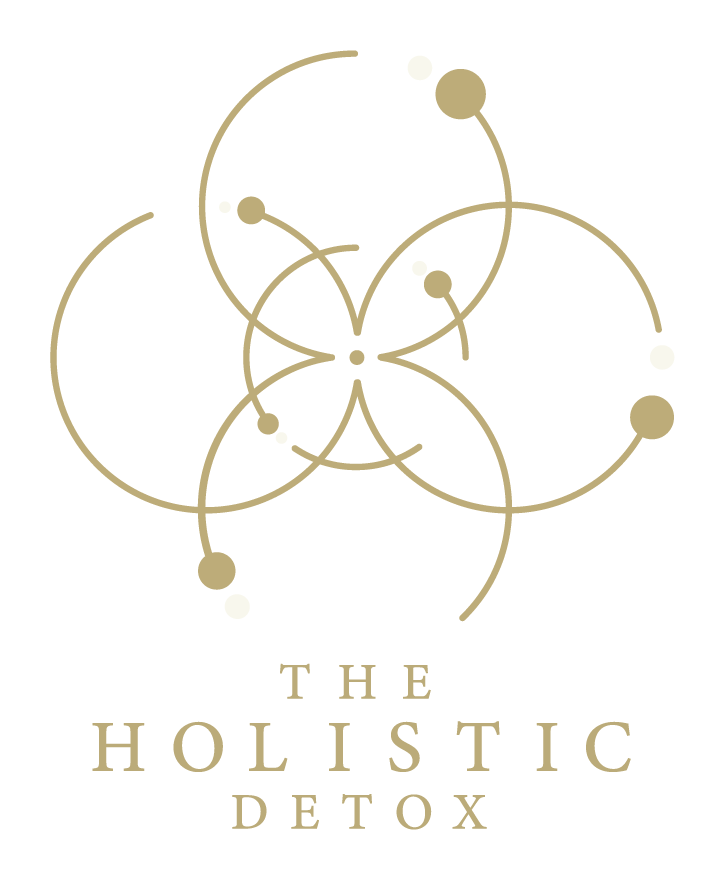Are your mood swings catching you off guard? Do you feel tired even after eight hours of sleep? You’re not alone. Millions of people in the U.S. and Mexico are silently struggling with these issues without realizing that hormones might be the root cause. From constantly feeling drained to snapping at the smallest things, your body could be screaming for hormonal balance and you might be missing the signs.
Hormones aren’t just about puberty or periods. They regulate nearly every system in your body including your sleep patterns, energy levels, and even your emotional responses. Let’s dive deep into the surprising connections between hormones, chronic fatigue, and emotional instability, and uncover simple ways to regain control.
Why Hormones Matter More Than You Think
Hormones are your body’s chemical messengers. Secreted by glands like the thyroid, adrenal, and pituitary, they control:
- Energy metabolism
- Sleep-wake cycles
- Stress response
- Mood regulation
- Appetite and digestion
When even one of these systems is out of sync, the impact can ripple across your entire wellbeing.
Real-Life Snapshot:
Mariana, 32, a tech project manager from Guadalajara, was juggling work, kids, and a fitness routine. Yet, she felt utterly exhausted by noon and was snapping at her colleagues without reason. A simple hormone panel showed low thyroid levels and adrenal fatigue. Within weeks of treatment and lifestyle changes, she felt like herself again.
The Triple Threat: Cortisol, Estrogen, and Thyroid
Let’s zoom into the three most common hormonal culprits behind unexplained fatigue and emotional ups and downs.
1. Cortisol – The Stress Hormone
Cortisol helps you wake up, stay alert, and handle pressure. But chronic stress can keep cortisol levels too high or, eventually, cause them to crash.
High cortisol symptoms:
- Anxiety or panic attacks
- Trouble sleeping
- Sugar cravings
- Midsection weight gain
Low cortisol symptoms:
- Extreme fatigue
- Brain fog
- Low motivation
- Poor stress tolerance
Tip: If you’re drinking three cups of coffee a day just to survive, your adrenals might be asking for help.
2. Estrogen & Progesterone Imbalance
Common in women, especially during perimenopause or after pregnancy, estrogen and progesterone imbalances can cause:
- Irritability or rage
- Crying spells
- Bloating and weight fluctuations
- Sleep disturbances
- Heavy or irregular periods
In Mexico and the U.S., these changes often go unnoticed until they disrupt work or relationships.
3. Thyroid Hormones – The Metabolism Master
Hypothyroidism (low thyroid function) is rampant but underdiagnosed.
Signs include:
- Cold hands and feet
- Constant tiredness
- Constipation
- Depression
- Slow thinking
A simple blood test (TSH, T3, T4) can reveal the root cause. Many people are misdiagnosed with depression or anxiety, when it’s actually their thyroid.
The Hormone-Fatigue-Mood Loop
Here’s how the cycle works:
| Trigger | Hormonal Response | Outcome |
|---|---|---|
| Chronic stress | Increased cortisol | Poor sleep, irritability |
| Poor sleep | Hormone dysregulation | Daytime fatigue |
| Fatigue | Low energy production | Emotional instability |
| Mood swings | Hormonal spike/crash | More stress and fatigue |
This loop keeps you trapped until you address the root: hormonal imbalances.
How Your Lifestyle Worsens the Problem (Without You Realizing It)
Living in the fast-paced cultures of the U.S. and Mexico often means sacrificing health for productivity. Here’s how everyday habits quietly worsen hormonal imbalance:
- Skipping meals: Lowers blood sugar and spikes cortisol
- Overuse of caffeine: Triggers adrenal stress
- Late-night screen time: Disrupts melatonin and sleep hormones
- Lack of exercise or overtraining: Messes with estrogen and testosterone
- Processed food diets: Inflammatory and hormone-disruptive
Natural Ways to Rebalance Your Hormones
The good news? Your body wants to balance itself. Here’s how to help it.
1. Prioritize Sleep Like It’s Medicine
- Go to bed and wake up at the same time daily
- Limit screen time 1 hour before bed
- Use blackout curtains
- Try magnesium or melatonin supplements (consult your doctor first)
2. Nourish with Hormone-Friendly Foods
| Food Group | Why It Helps | Examples |
| Healthy fats | Supports hormone production | Avocados, olive oil |
| Fiber-rich veggies | Detox excess estrogen | Broccoli, kale, carrots |
| High-quality protein | Stabilizes blood sugar | Eggs, fish, legumes |
| Adaptogens | Supports adrenal health | Ashwagandha, maca root |
3. Lower Stress With Mind-Body Practices
- Yoga or pilates twice a week
- Deep belly breathing
- Guided meditation apps like Calm or Insight Timer
- Journaling emotions
4. Test, Don’t Guess
If you suspect hormone issues, ask your doctor for a comprehensive hormone panel, not just a basic check.
Recommended labs to ask for:
- Full Thyroid Panel (TSH, Free T3, Free T4, Reverse T3)
- Cortisol (AM & PM)
- Estrogen, Progesterone, Testosterone (for women)
- Vitamin D and B12
When to See a Professional
If symptoms persist beyond two months despite healthy changes, book an appointment with an endocrinologist or functional medicine practitioner.
In cities like Los Angeles, Houston, or Mexico City, many clinics now specialize in hormone health and use a personalized approach combining labs, nutrition, and supplements.
The Emotional Toll: You’re Not “Just Lazy or Moody”
Hormonal fatigue and mood swings can feel invisible but they’re real. Many sufferers feel gaslit, even by doctors, partners, or co-workers. The truth? This is not your fault.
You’re not weak. You’re biologically imbalanced. Recognizing that is the first step to healing.
Real Stories, Real Change
Carlos, 41, from San Antonio, was a successful sales rep, but his motivation vanished. He stopped exercising and felt angry all the time. After months of struggling, a hormone panel revealed low testosterone and high cortisol. With targeted treatment, his energy and focus came back within 60 days.
Lucia, 28, from Monterrey, dealt with panic attacks and insomnia. Her OBGYN found an estrogen-progesterone imbalance linked to her birth control. A switch to natural alternatives made a huge difference.
Final Thoughts: You’re Not Alone, and You Can Heal
Hormonal imbalances are far more common than most people think. And no, you don’t need to suffer silently. Whether you’re in California or Cancún, help is available, and balance is within reach.
Start small. Be curious. Ask questions. And most importantly, listen to your body.





